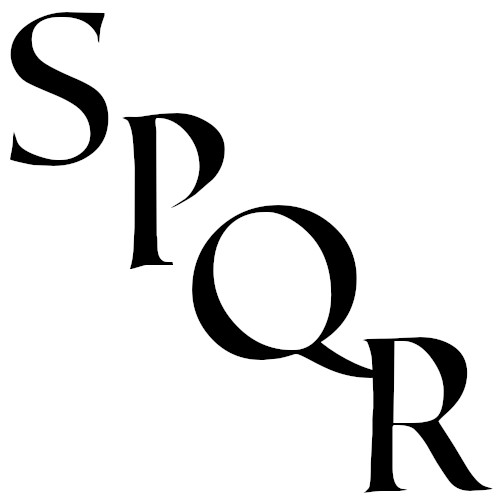Reading from The Last Ride, pages 67-78, from 1978, Berkely edition, originally published as Boot-Hill Payoff, in the October 1935 issue of Western Aces
In this oddly retrospective, third-person account, Robert E. Howard, master of HERIOC atmospheric, story-telling examines the anti-hero, not an Elric of Melnibone decadent type, or some quirky Depish stranger, but a simple, vapid wimp, a coward—in Old West parlance, a yellow man.
Joey Donory was a drunk as well, deeply scarred by the reoccurring trial of his life, the episodic experience of being bullied. He was a small man along with being a coward. His one claim to masculine status was his excellent work record, his ability as a cowboy and in other occupations of the frontier. But this availed him nothing, for he would soon be chased from any such physical job by a physical bully.
Granted, he was too small to be a brawler, but he was not the type to use a knife or a gun either.
Howard shows a deep understanding of masculine psychology, in the following passages:
“Born and bred in an environment where most men were large and imposing, his lack of size was bad enough, but his handicaps were more than physical.”
“Physical fear was more than fault of his; it was his black incubus, a monstrous cancer, born in him and nurtured by fear and a realization and contempt of himself…the incubus of realized cowardice is the worst that haunts manhood.”
“The higher a man values his own prowess, the higher he is likely to value the untested prowess of a scornful foe.”
The story of Joey Donery is the perfect length for the realization of a character that is destined not to outlive its telling.











